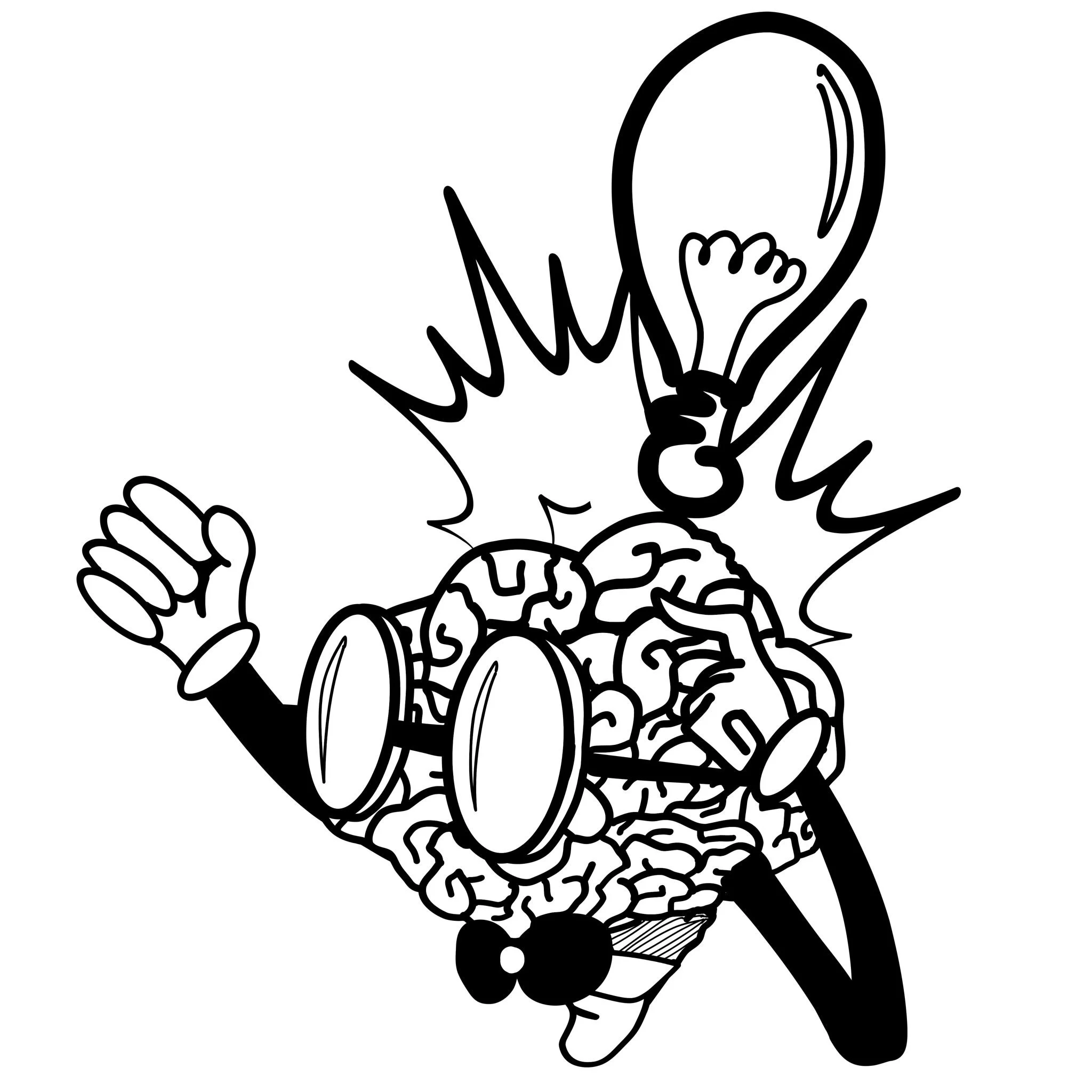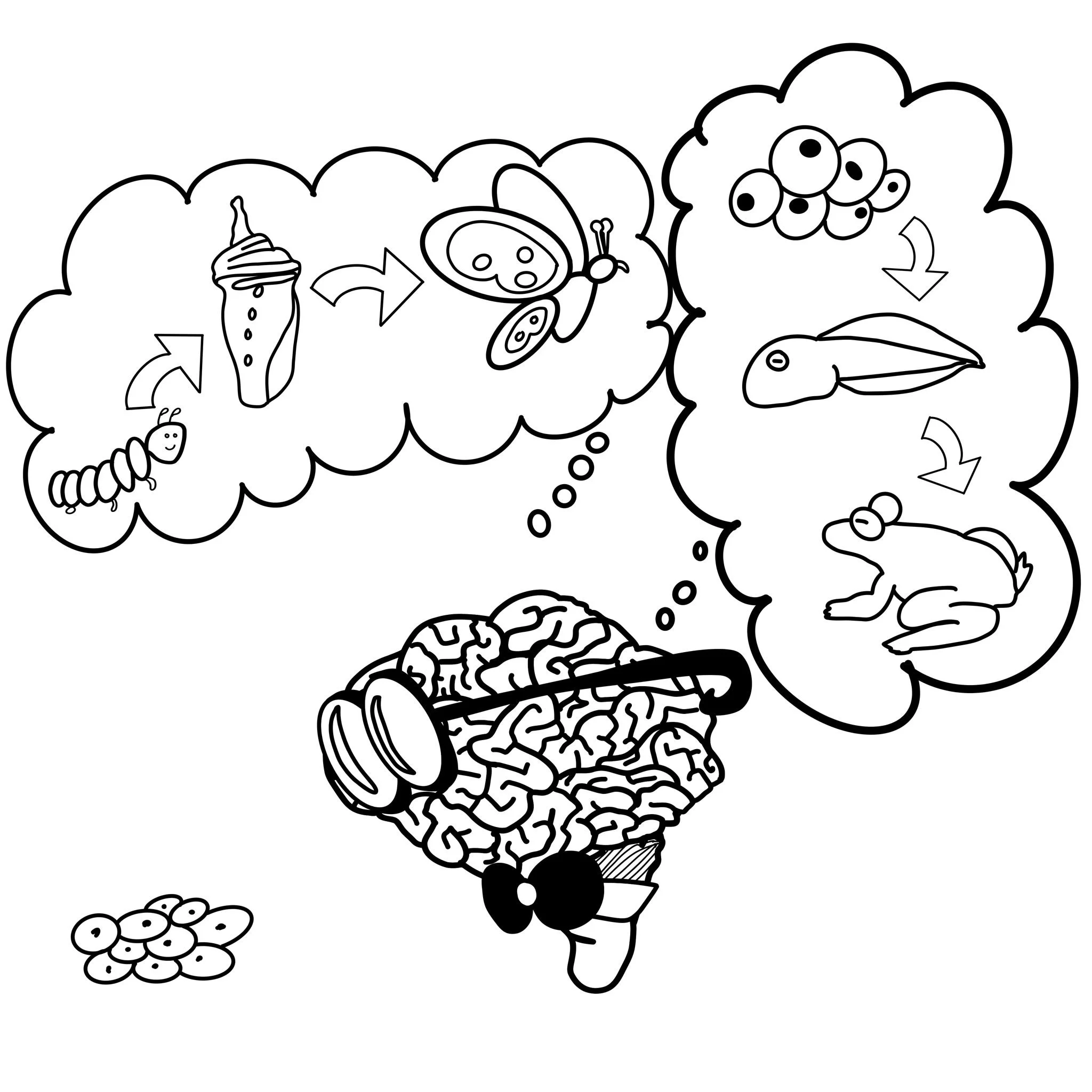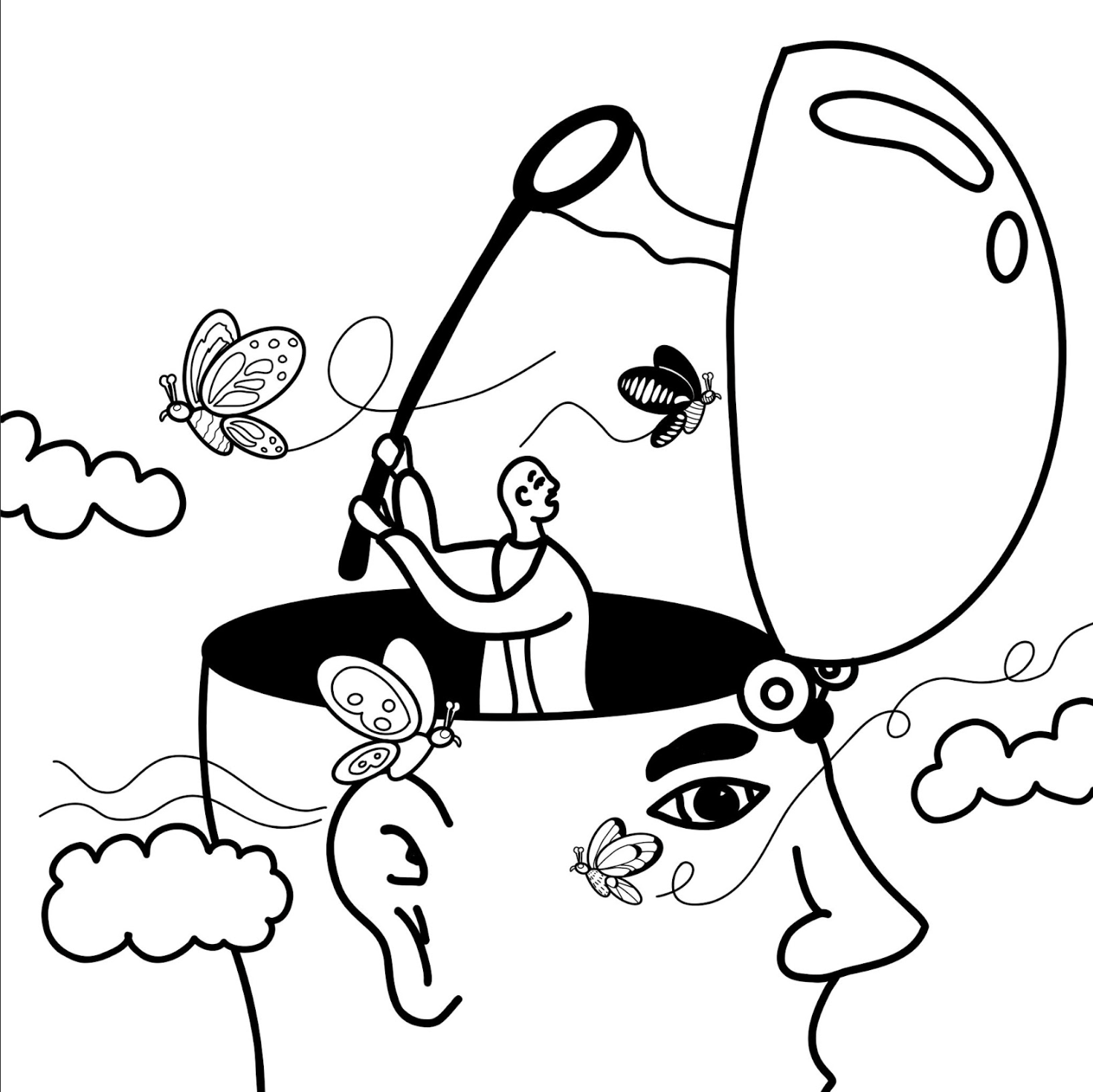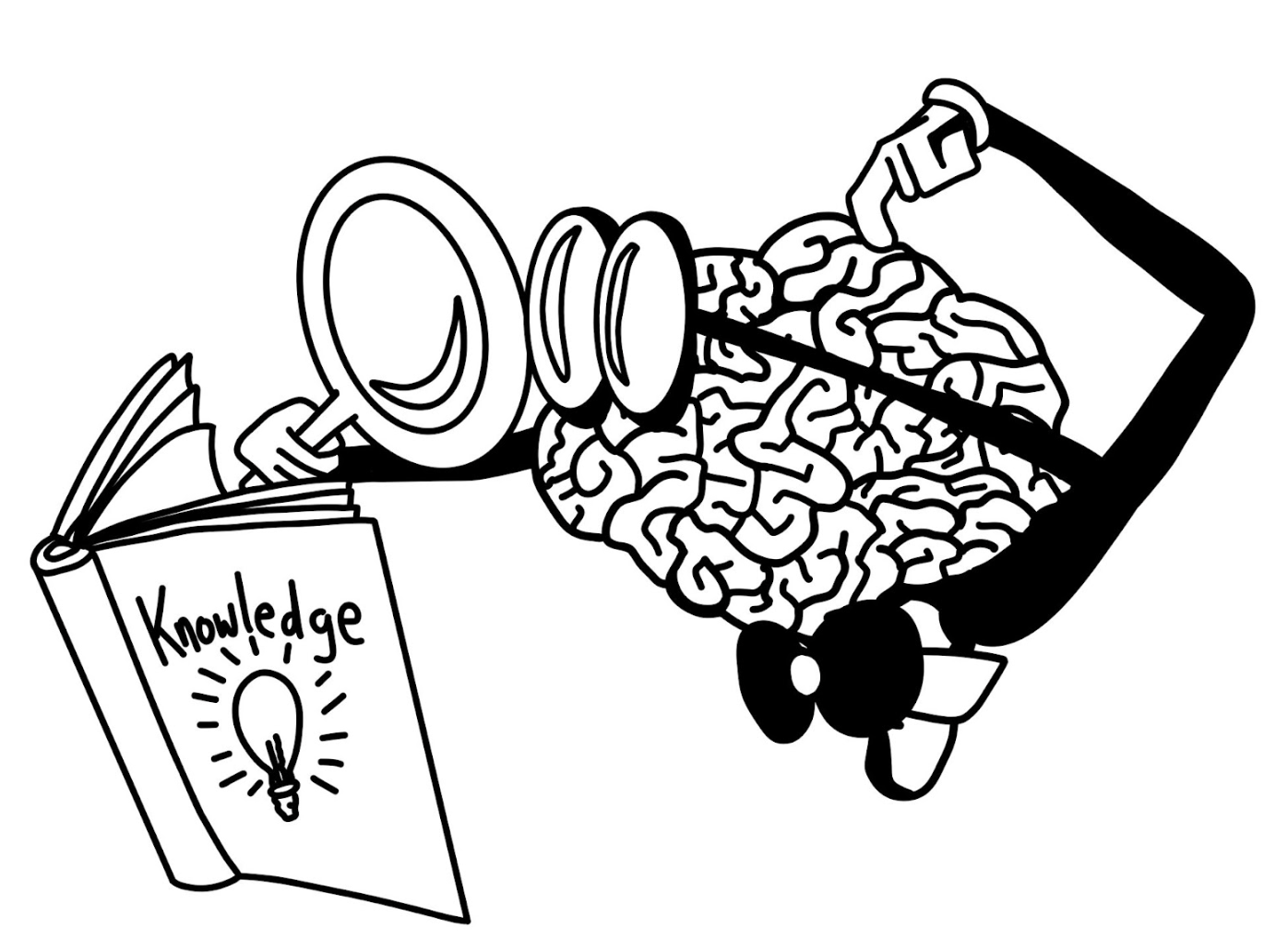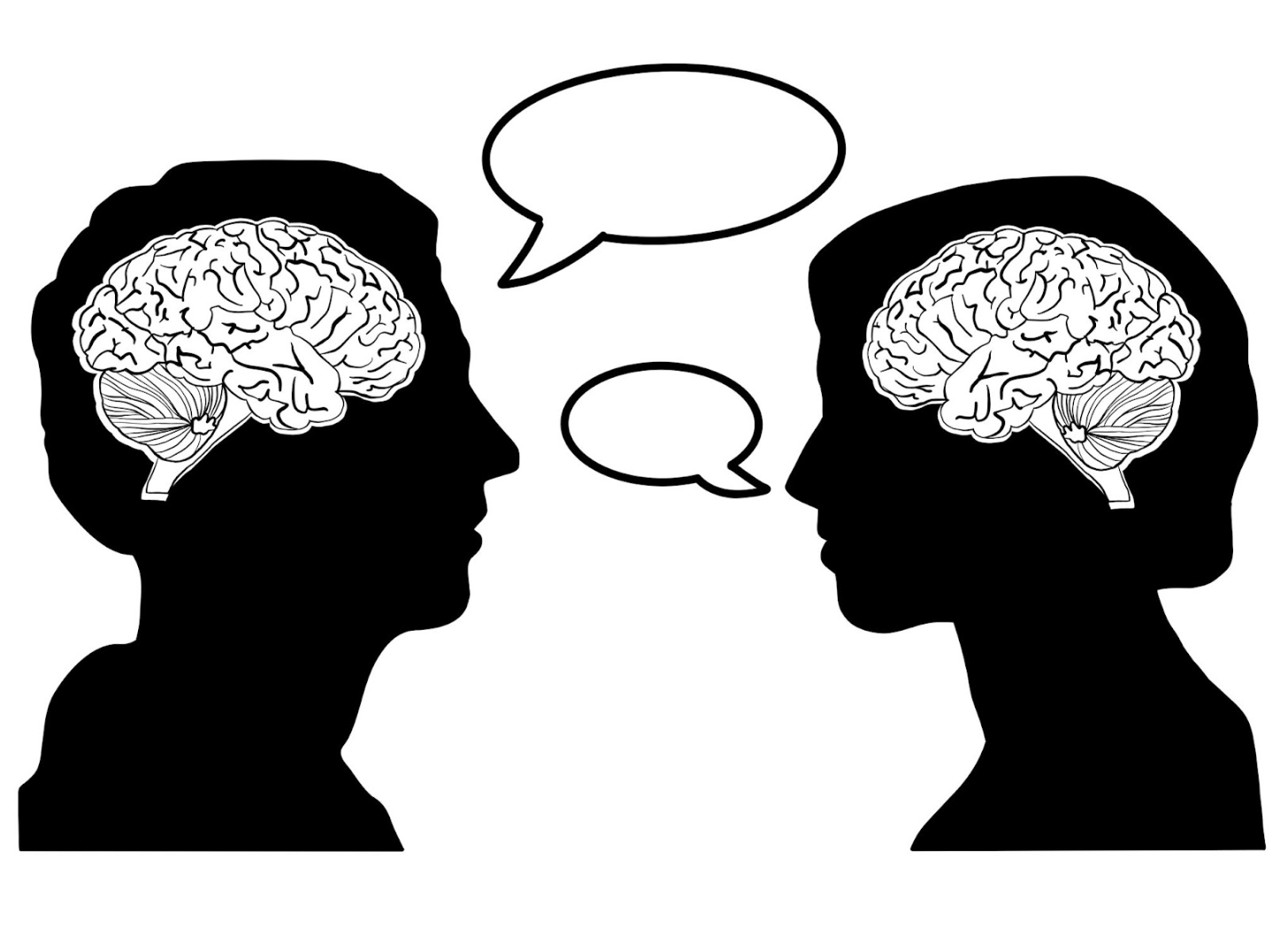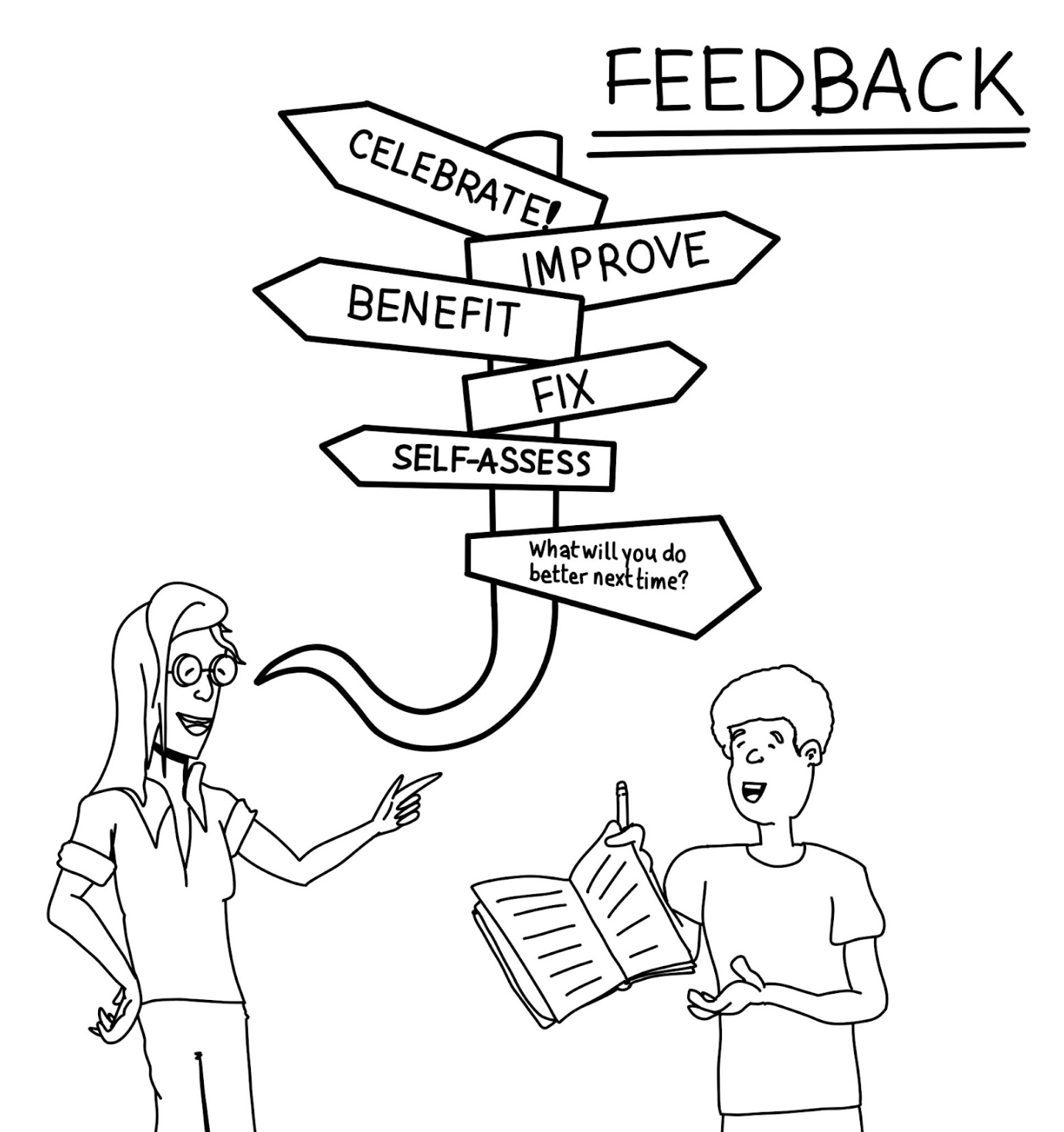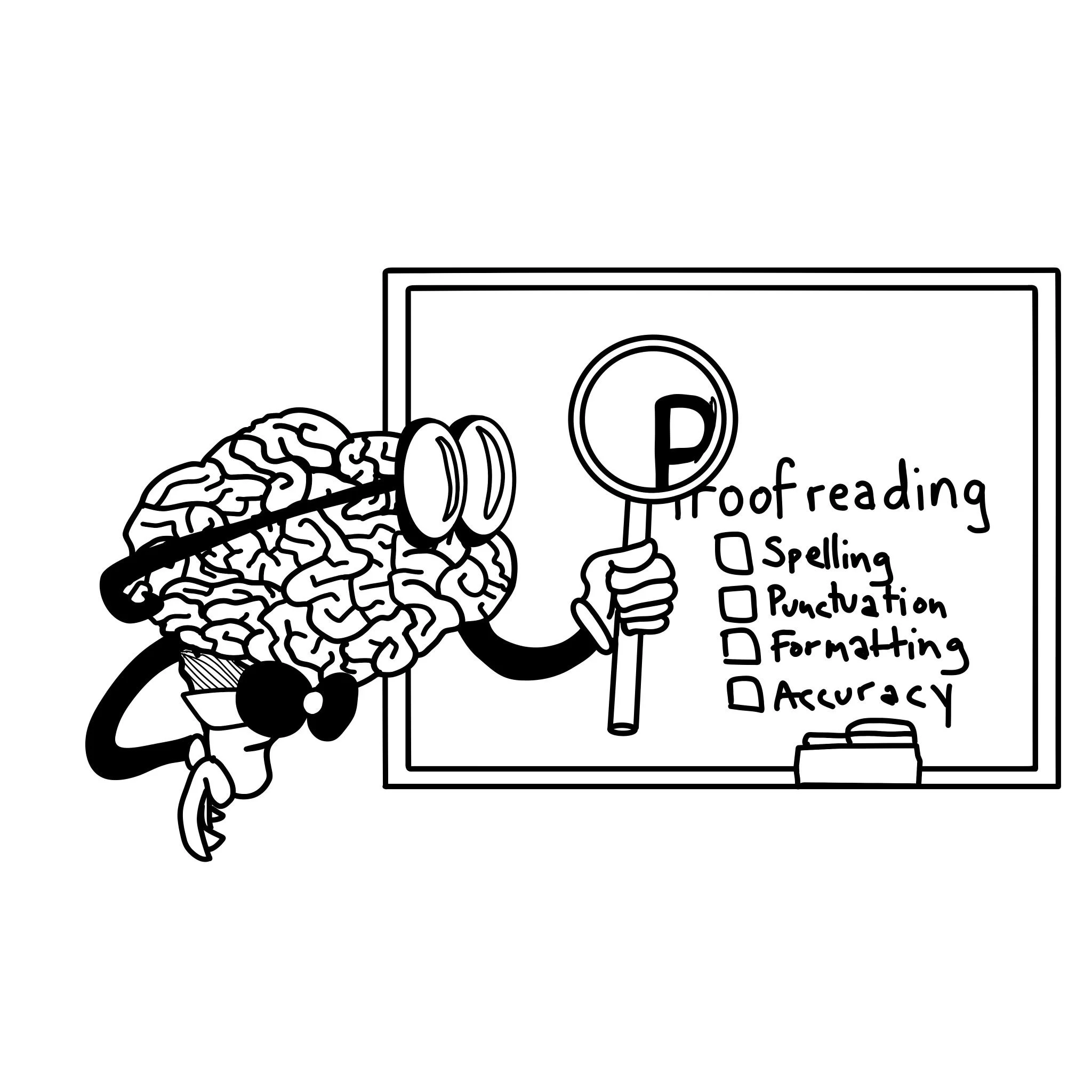15 distinct stages of ThinkWrite
Each of the three divisions of writing in the ThinkWrite model—pre-writing, writing and revision—is broken down into smaller parts, based on the different kinds of thinking that occur within the stage, and these stages are used as launching points to explain the brain’s more nuanced approach to literacy.
Within pre-writing, for example, writers understand, know things, mind wander, reflect, and map and connect. Understanding, knowing things, mind wandering, reflecting, & mapping and connecting use different neural pathways in the brain, and are therefore stimulated by different types of activities.
Similarly, during the writing and revision processes we use different thinking processes. As writers start to write down words after pre-writing, they outline ideas, plan, research, and then eventually draft. Each of these sub-steps (i.e., outlining, planning, researching, drafting) are visible elements, and are often graded as part of the progress toward a final product.
Less visible, and therefore not often graded, are the ways that learners revise their writing on the way to a final product. We don’t often see all the peer exchange, feedback and feeding-forward, editing, revising, and proofreading that occurs before the final product is completed. We also don’t often see the final product as marking the beginning (commencing) of a new writing adventure.
Apply the ThinkWrite model to your life.
Now that you are familiar with the stages of the ThinkWrite model, consider the questions below:
As a writer, think about a recent writing project
In which stage of thinking did you spend the most time (and the least time)?
In which order did you move from one stage to another?
What stage do you love (and hate)?
What did you perceive as "off task" or avoidance when assessing yourself as a writer?
(this to highlight that some perceptions of "wasted time" and avoidance actually indicate potentially useful and necessary thinking strategies that have been hitherto ignored or de-valued.)
As a teacher, think about a student writer
In which stage of thinking do you think the student spent the most time (and the least time)?
In which order do you think the student moved from one stage to another?
What stage does the student love (and hate)? How do you know?
What do you as a teacher perceive as "off task" when watching student writers (i.e. What does a student writer's brain want to do when given a writing task?)
(again, this to highlight that some perceptions of "wasted time" and avoidance actually indicate potentially useful and necessary thinking strategies that have been hitherto ignored or de-valued.)

